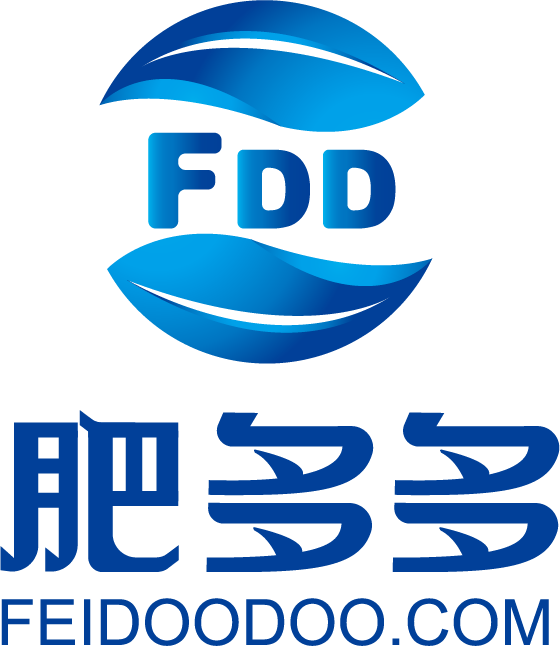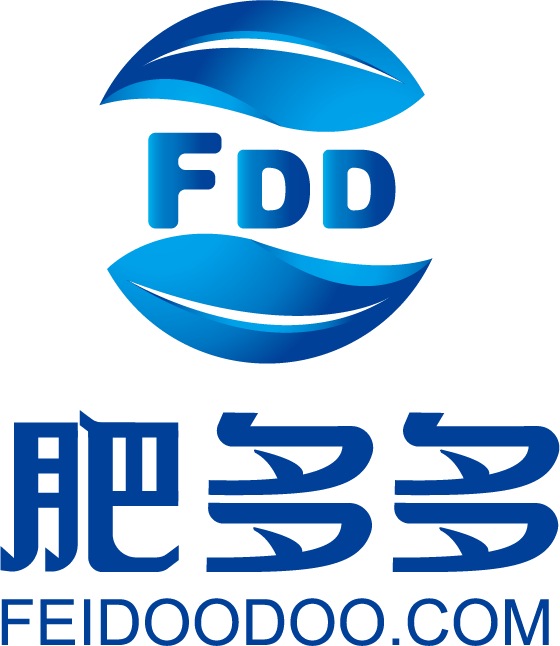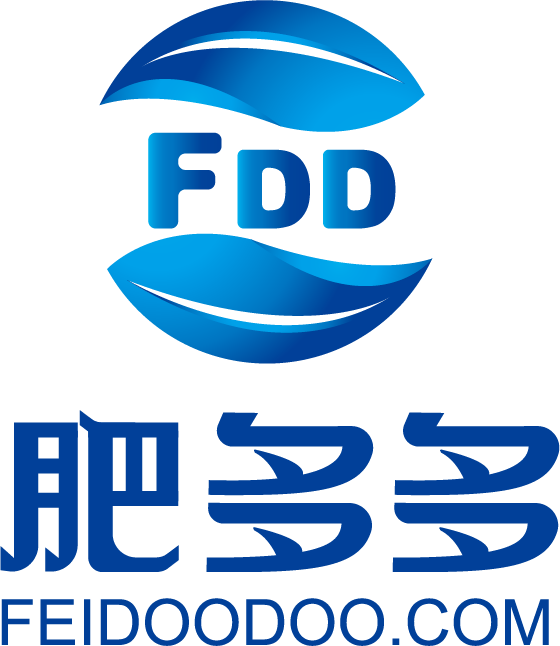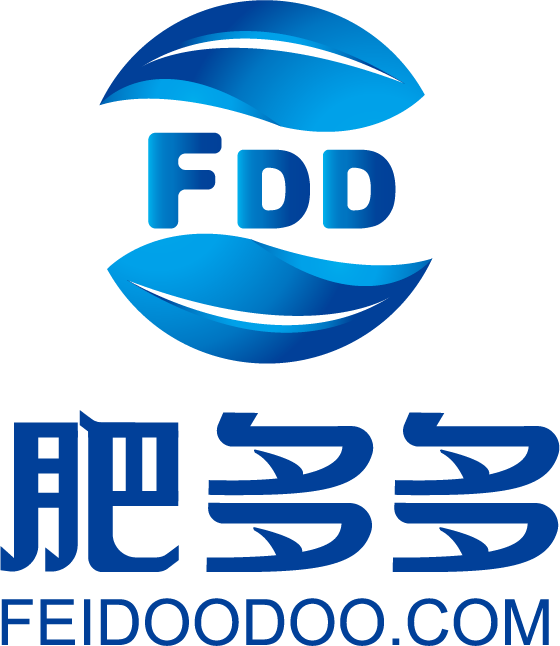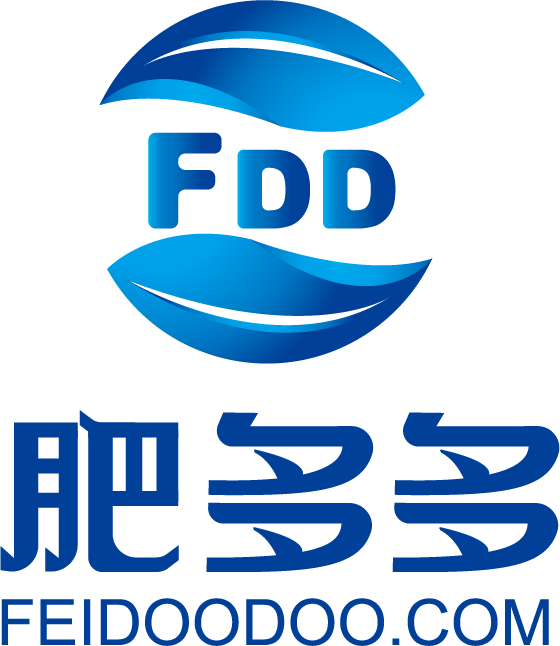China Strengthens Export Controls on Urea and Ammonium Phosphate? South Korea Experiences "Urea Panic" Again! Analyzing the Underlying Reasons
During the regular press conference held by the Chinese Ministry of Foreign Affairs on December 6, 2023, a reporter asked about China's recent strengthening of export controls on urea and ammonium phosphate, querying the reason behind this move and mentioning concerns raised in the international community. In response, spokesperson Wang Wenbin stated that China is a major producer and consumer of fertilizers. In the first ten months of this year, China exported 25.72 million tons of fertilizers, a 28.8% increase year-over-year, making it an important participant in international fertilizer trade. For specific inquiries, he suggested contacting the relevant authorities.
However, this decision by China has caused anxiety for the South Korean government and industry, leading to a series of emergency meetings. Why such a significant reaction from South Korea?
South Korea's Dependence on Chinese Urea Imports Exceeds 90%:
It is noteworthy that this is not the first time China has imposed export controls on urea for South Korea. In October 2021, China implemented such controls, leading to a surge in urea prices in South Korea and impacting the entire South Korean economy. At that time, due to a shortage of coal, the raw material for urea production, the world faced a rare "urea shortage." As the largest global producer and exporter of urea, China had to reduce its exports, causing severe panic in South Korea. During that period of friendly Sino-South Korean relations, South Korean President Moon Jae-in urgently sent a delegation to China for assistance, and China relaxed its export controls in response.
Despite efforts to reduce dependence on Chinese urea, South Korea's import ratio from China dropped from 71% in 2021 to 67% in 2022 but rose back to 91% in 2023. The reason is the competitive pricing of urea imported from China. Although South Korea previously mastered urea production technology, due to high operating costs, it couldn't compete with major urea-exporting countries and closed all its urea factories since 2013. This long-term dependence on imports has left South Korea vulnerable in the face of sudden supply chain disruptions.
Urea, a basic and important industrial compound, is widely used in agriculture and the transportation industry, essential for exhaust emission purification in diesel vehicles such as buses and trucks. Without timely addition, engines cannot function properly.
South Korean media report that over 90% of the industrial-use urea solution in South Korea is imported from China. On November 30, the Chinese Customs Administration suspended the clearance process for Chinese companies exporting urea solutions to South Korea. On December 1, the South Korean government held an emergency meeting regarding the import of urea solution, chaired by the Ministry of Trade, Industry and Energy's industrial supply chain policy officer, with heads of relevant departments like the Ministry of Economy and Finance and the Ministry of Foreign Affairs in attendance. On December 4, the South Korean government held another inter-departmental meeting. On the same day, South Korean officials stated that China's actions were due to domestic supply constraints and not related to political factors.
South Korea Partially Halts the "September 19 Military Agreement":
On the other hand, after South Korea partially halted the "September 19 Military Agreement," North Korea immediately abolished the agreement, freeing its military from the constraints of the "September 19 Military Agreement" and resuming all suspended military measures. This move also trapped South Korea in a difficult position.
It is worth noting that it is currently the stage for preparing fertilizers for next year's spring planting in South Korea. The "stable price and supply" of fertilizers are crucial in the context of China's food security. China's adjustment of urea exports is based on ensuring food security, prioritizing domestic supply over foreign exports.
- International Fertilizer Market - Potash Giants Report First Quarter: Signs of Recovery in Potash Demand! Meanwhile, Russian Fertilizer Exports to the US Reach Annual High2675
- Phosphate Fertilizer Weekly Report: Supported by Pending Orders and Costs, Firm Prices2357
- Urea Weekly Review: Cautious Buying and Slow Follow-Up, Prices Hold Steady2461
- Urea Daily Review: Weakened Supply-Demand Support, Enterprises Lower Prices to Attract Orders2497
- Phosphate Fertilizer Daily Review: Pending Orders Support Prices, Stability in the Short Term2417

